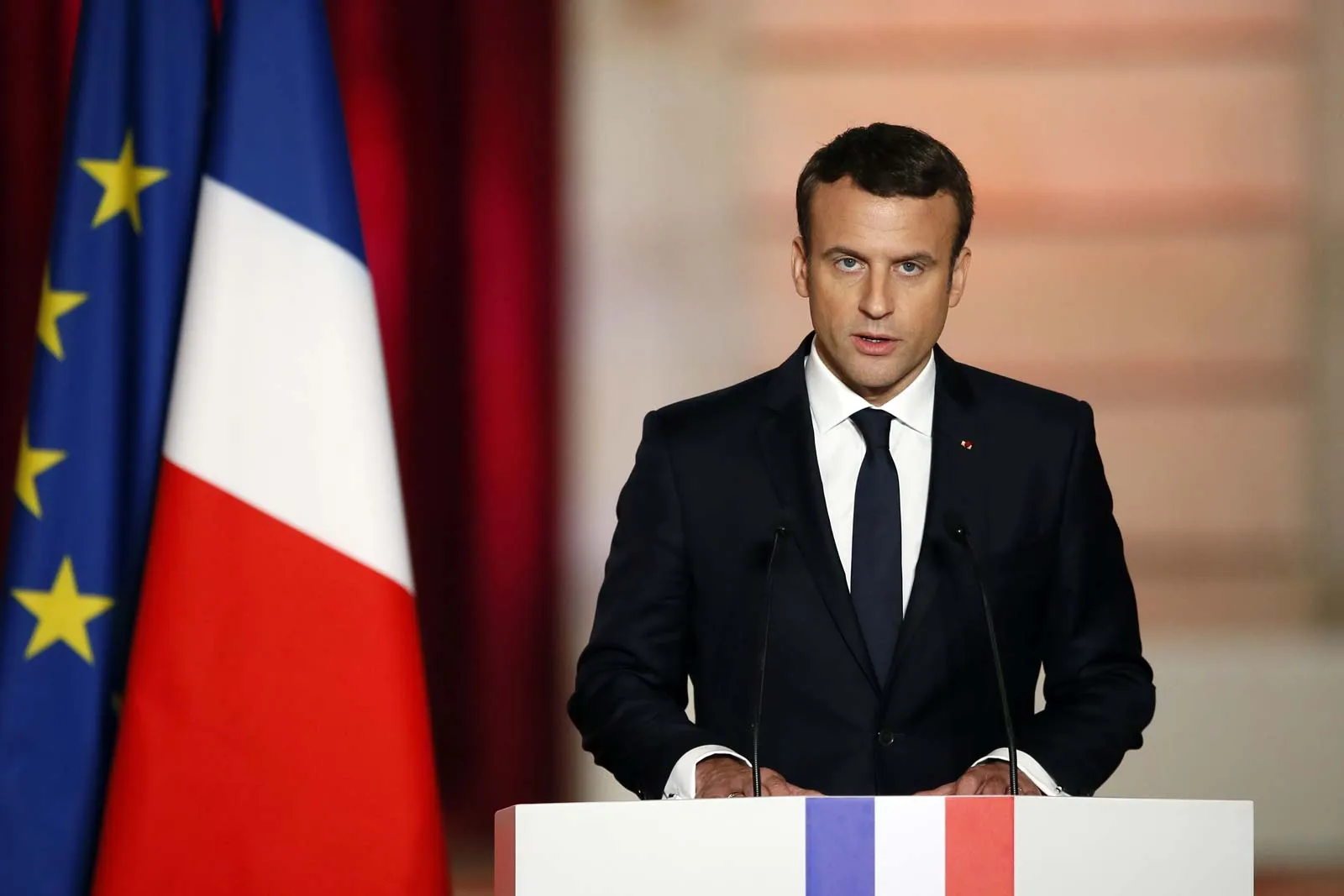Amid rising tensions between Pakistan and India following the deadly attack in Pahalgam, senior Pakistani officials held a joint press conference in Islamabad to forcefully reject India’s allegations and call for calm, while warning of serious consequences if provoked.
Deputy Prime Minister and Foreign Minister Ishaq Dar, alongside military spokesperson Lt. Gen. Ahmed Sharif Chaudhry (DG ISPR), condemned what they described as a “fabricated” Indian narrative attempting to falsely link Pakistan to the Kashmir attack. They asserted that India is using the incident as political leverage—both to distract from its internal failures and justify aggressive actions like suspending the Indus Waters Treaty.
The DG ISPR dismantled India’s version of events with maps, videos, and intelligence data. He highlighted how the attack site is deep inside Indian-controlled territory and argued that the terrain and distance from Pakistan make infiltration claims implausible. He also criticized inconsistencies in Indian media reports and suggested a coordinated campaign was underway, designed to portray Muslims as terrorists and stir anti-Pakistan sentiment.
Chaudhry warned of a disturbing pattern: India allegedly uses Pakistani prisoners in fake encounters and gives platforms to banned terrorist groups like the Balochistan Liberation Army (BLA) on Indian media. He also stated that since January, Pakistan has faced nearly 3,700 terror incidents—many of which, he claims, are backed by Indian intelligence.
Foreign Minister Dar echoed these concerns, emphasizing that Pakistan has suffered greatly from terrorism—losing over 80,000 lives and incurring $150 billion in damages. He called the Pahalgam allegations “baseless” and politically motivated, urging an independent international investigation with mutually agreed terms.
He also addressed India’s decision to suspend the Indus Waters Treaty, calling it illegal and a potential act of war. “Any attempt to block our water supply will be treated as an attack on Pakistan’s survival,” Dar warned.
Both officials reiterated that Pakistan has no interest in starting a conflict but will respond forcefully if provoked. “Pakistan will not be the first to escalate, but any aggression will be met with decisive action,” Dar said.
They also condemned rising Islamophobia in India and what they described as a dangerous trend of labelling Indian Muslims and Kashmiris as terrorists. Dar questioned why the victims of the Pahalgam attack, many of whom were helped by local Muslims, are now being used to fuel communal hatred.
Toward the end of the press conference, the Foreign Minister called on the international community to hold India accountable for what he called “state-sponsored terrorism,” citing its alleged involvement in transnational assassinations in countries like Canada, the U.S., and Australia.
In response to India’s rapid accusations, visa cancellations, and border restrictions, Pakistan has expelled Indian diplomats and cancelled most Indian visas, with exceptions for Sikh pilgrims.
Despite the aggressive rhetoric on both sides, Islamabad maintains it had no role in the Pahalgam incident and remains open to cooperation in a credible investigation. International voices, including the United States and the United Nations, are now urging both nations to avoid escalation and pursue diplomacy.
















